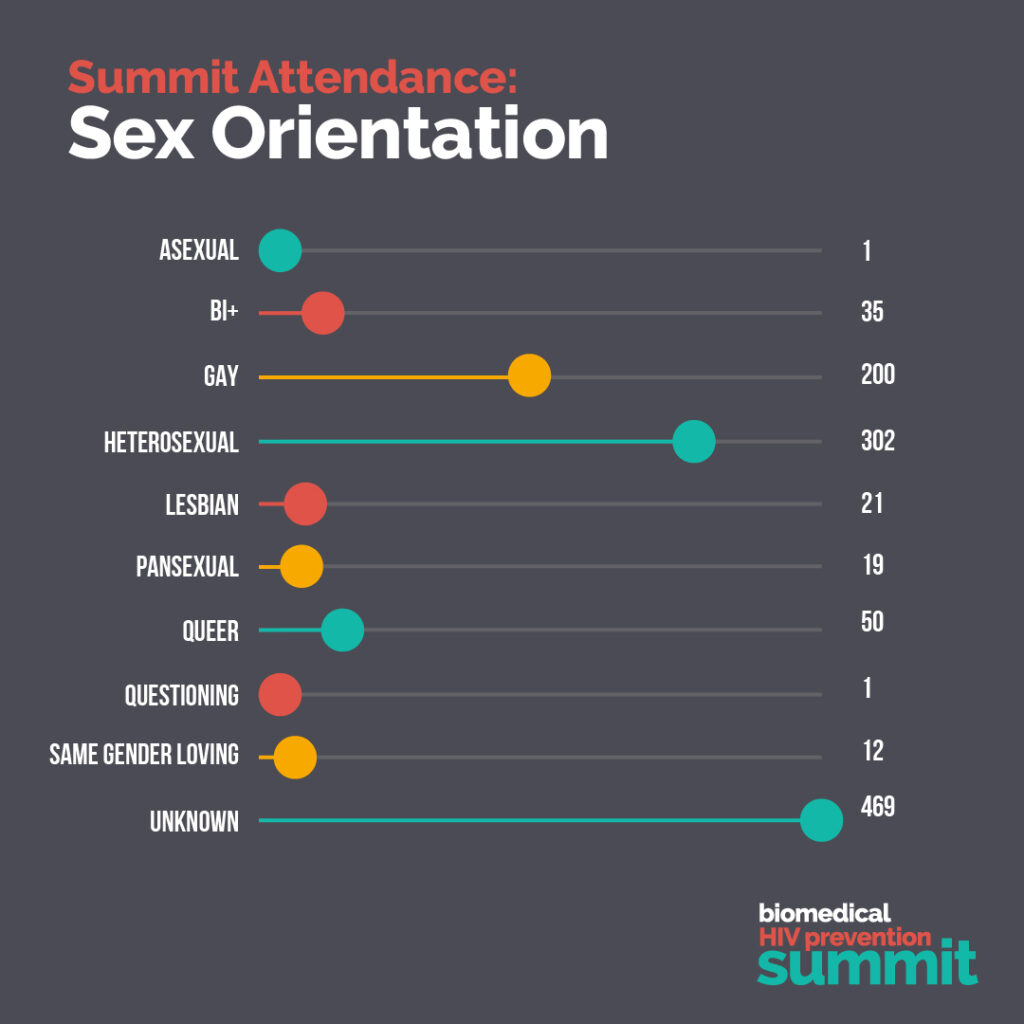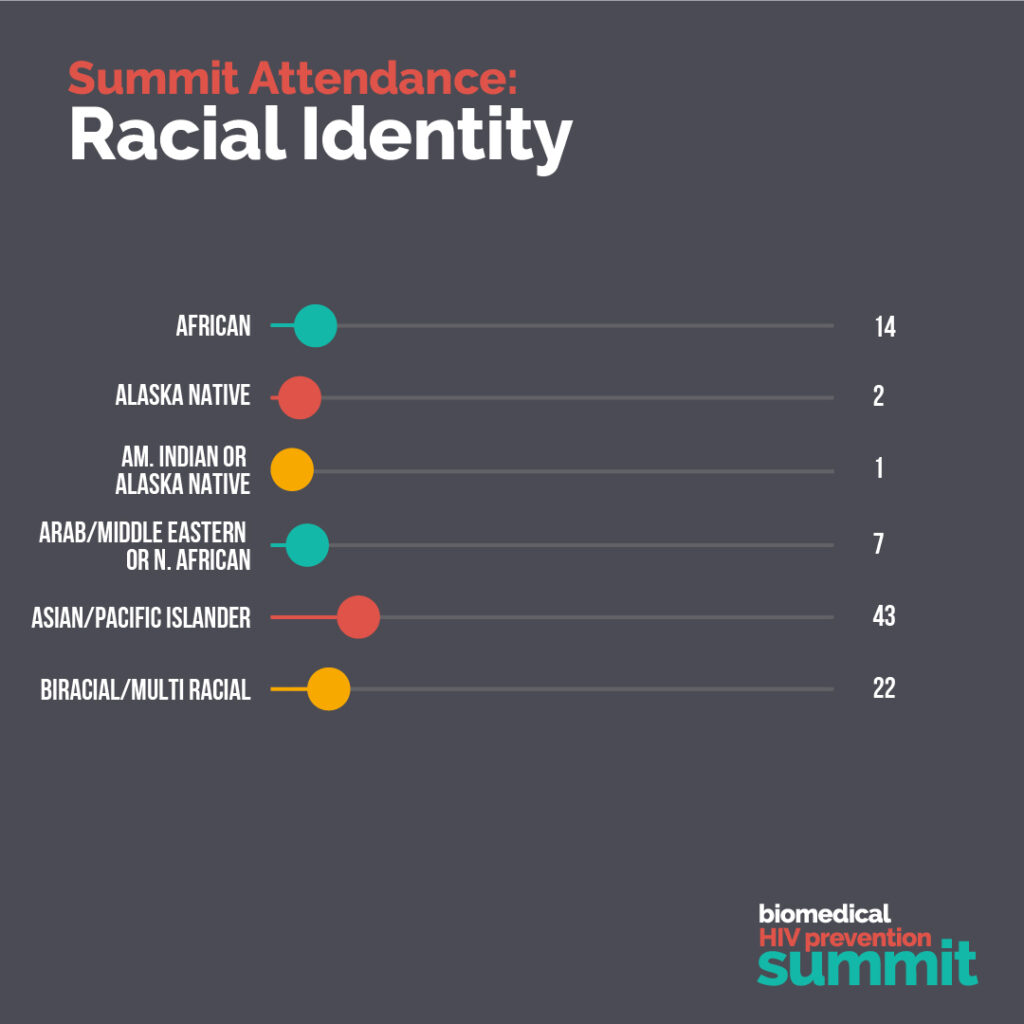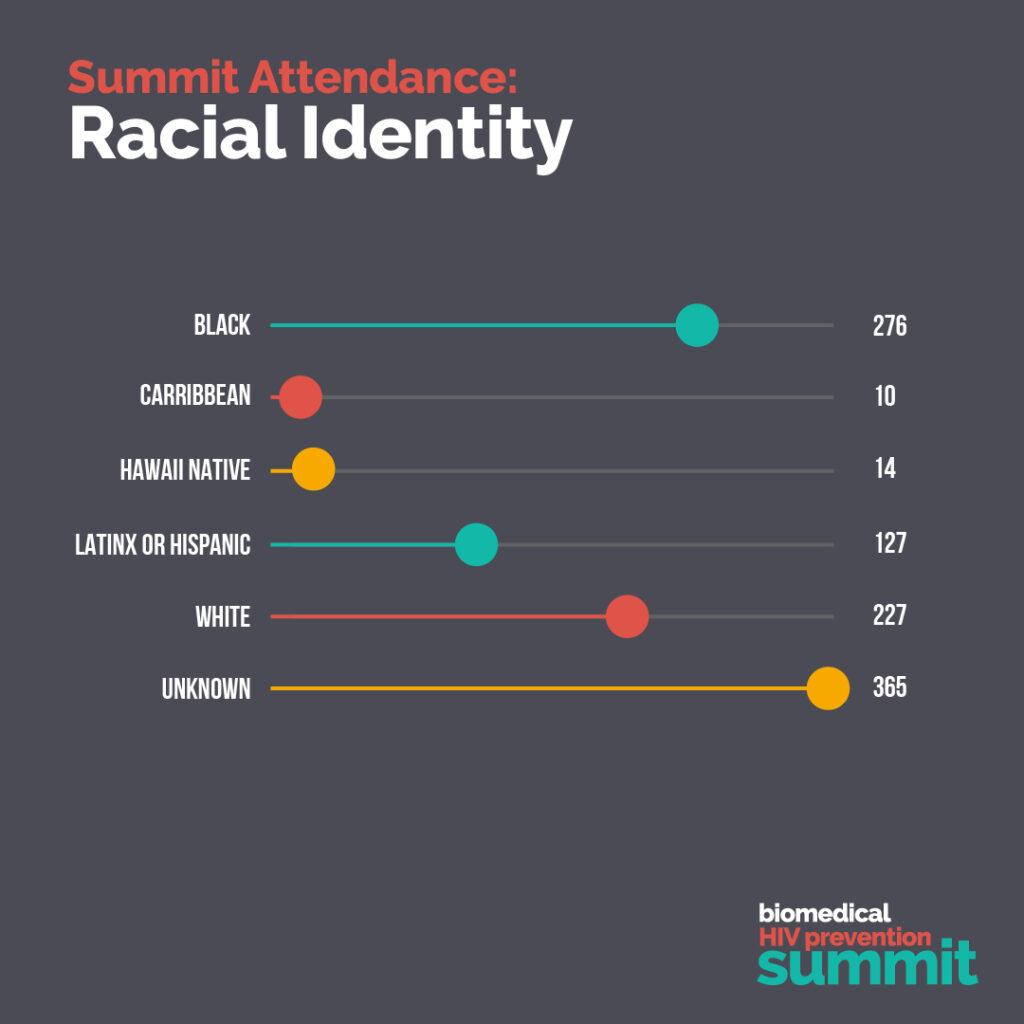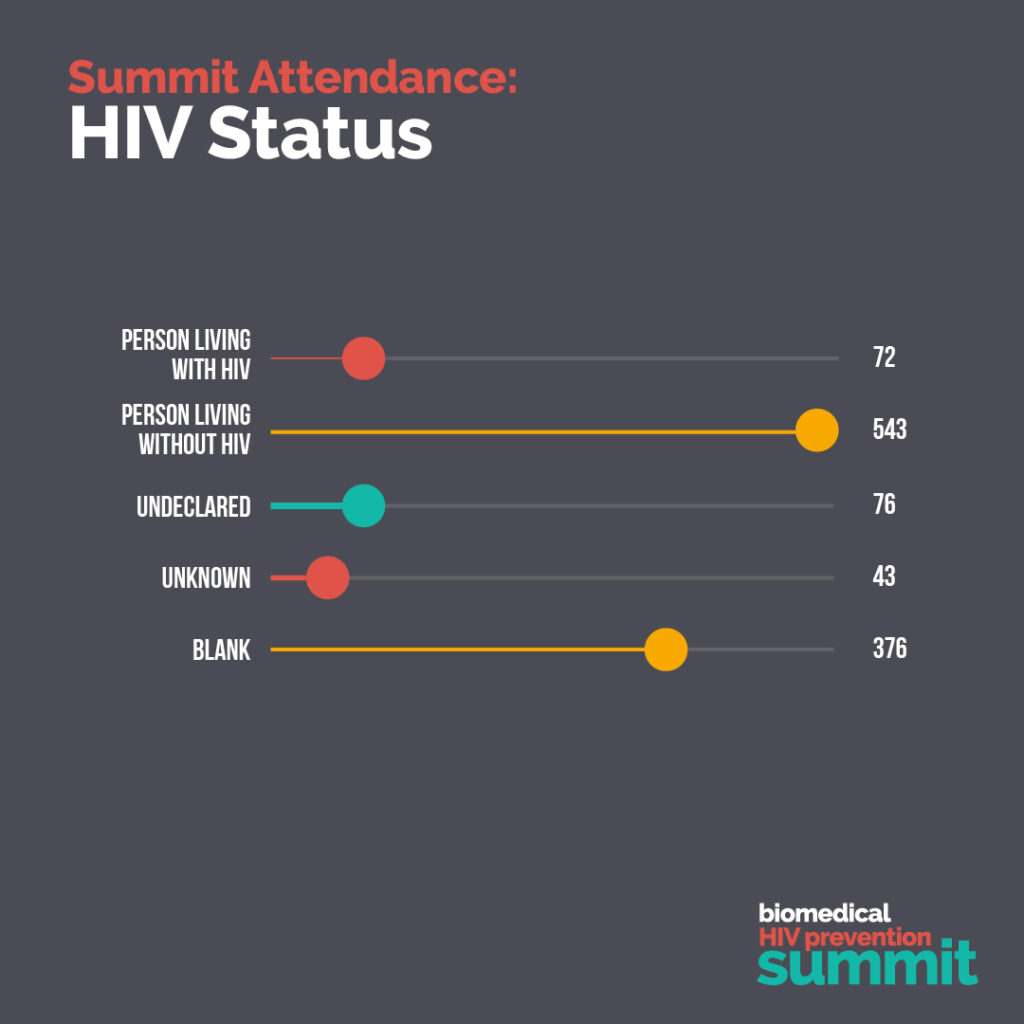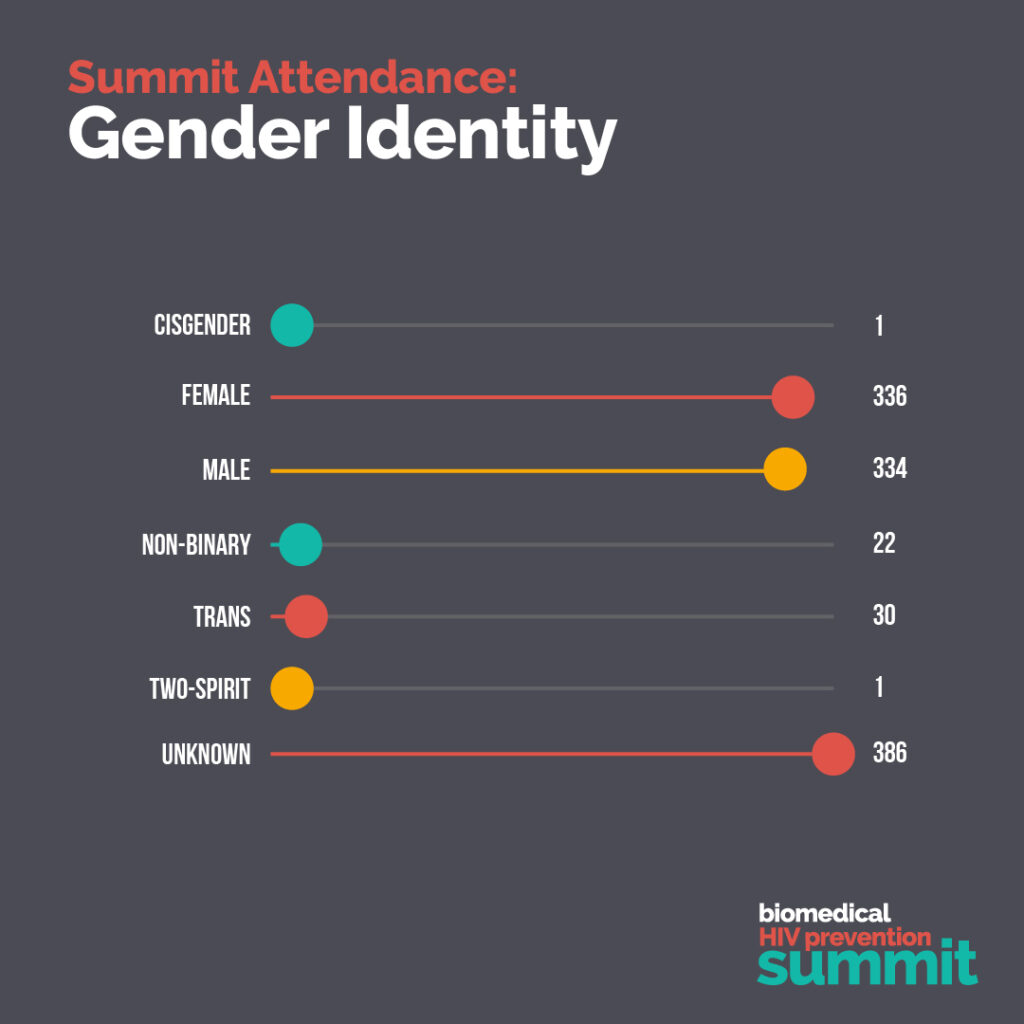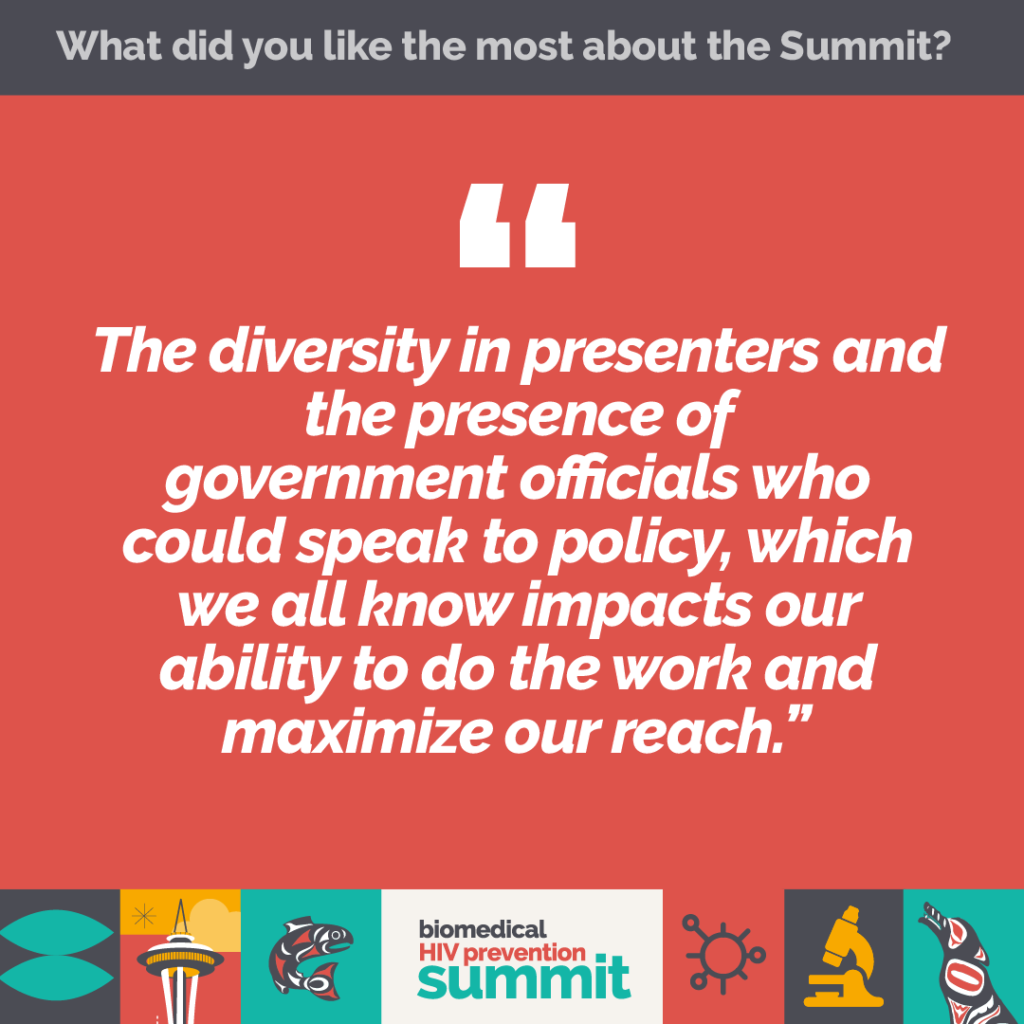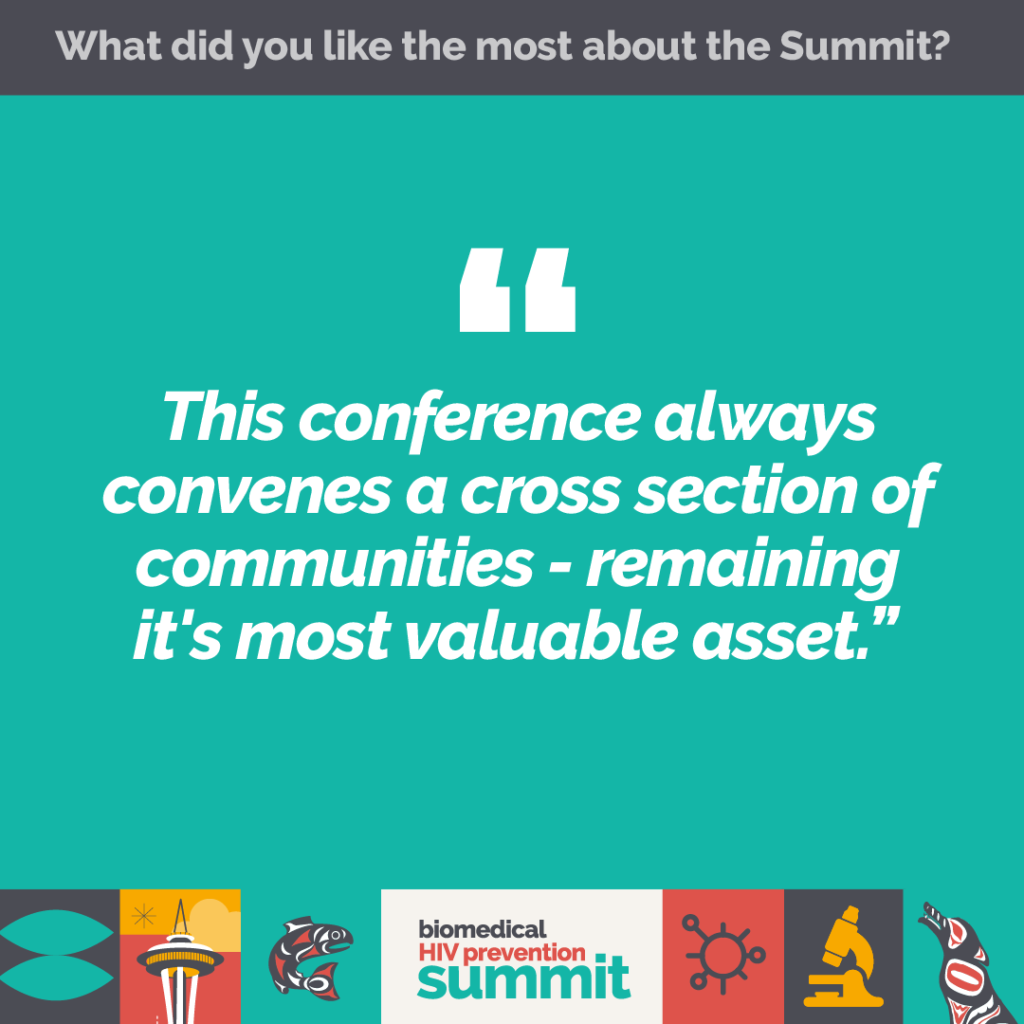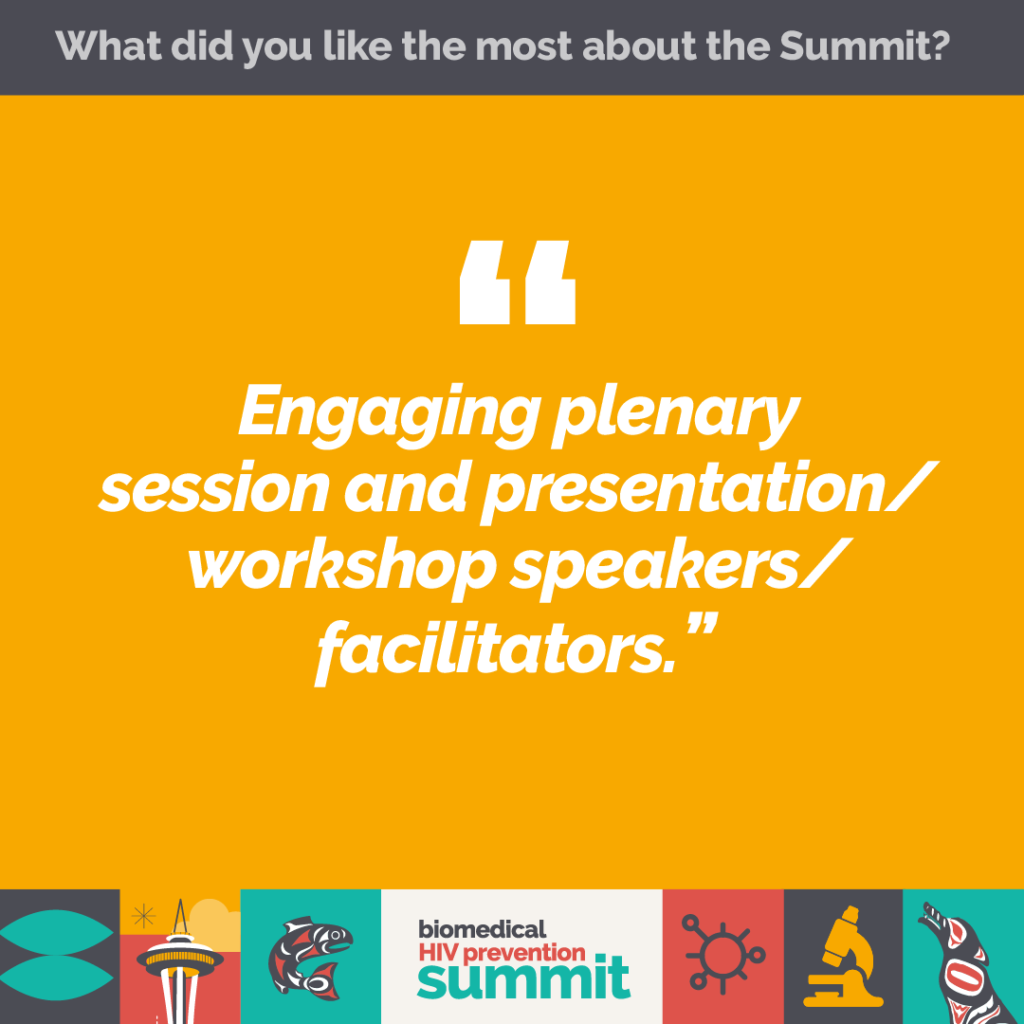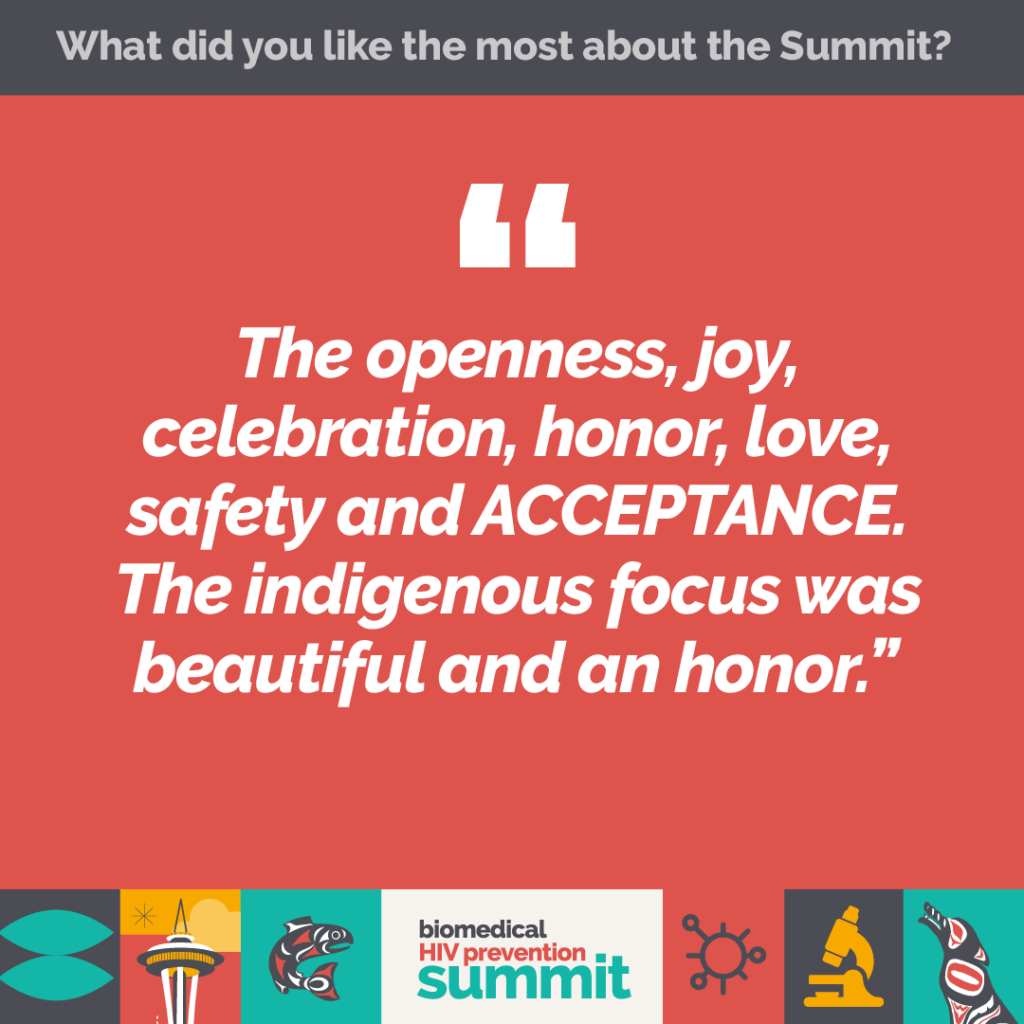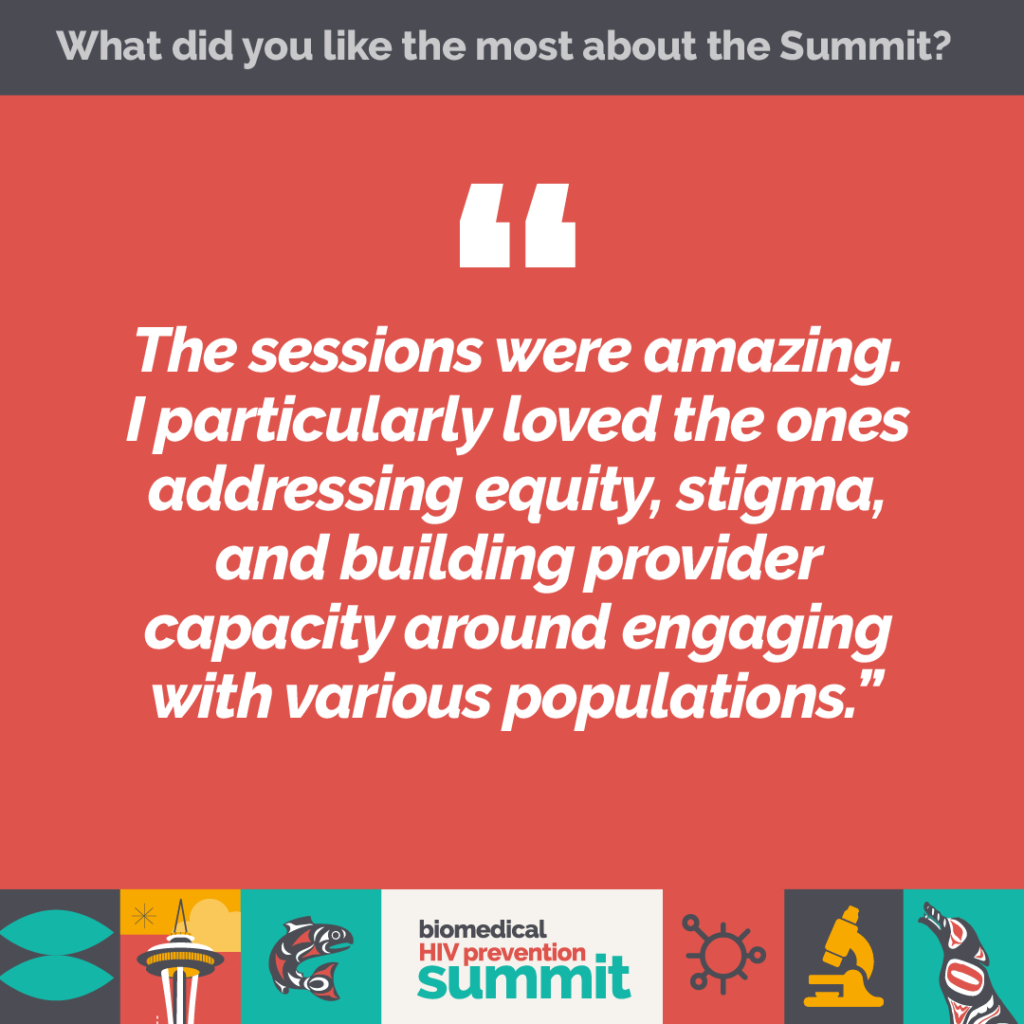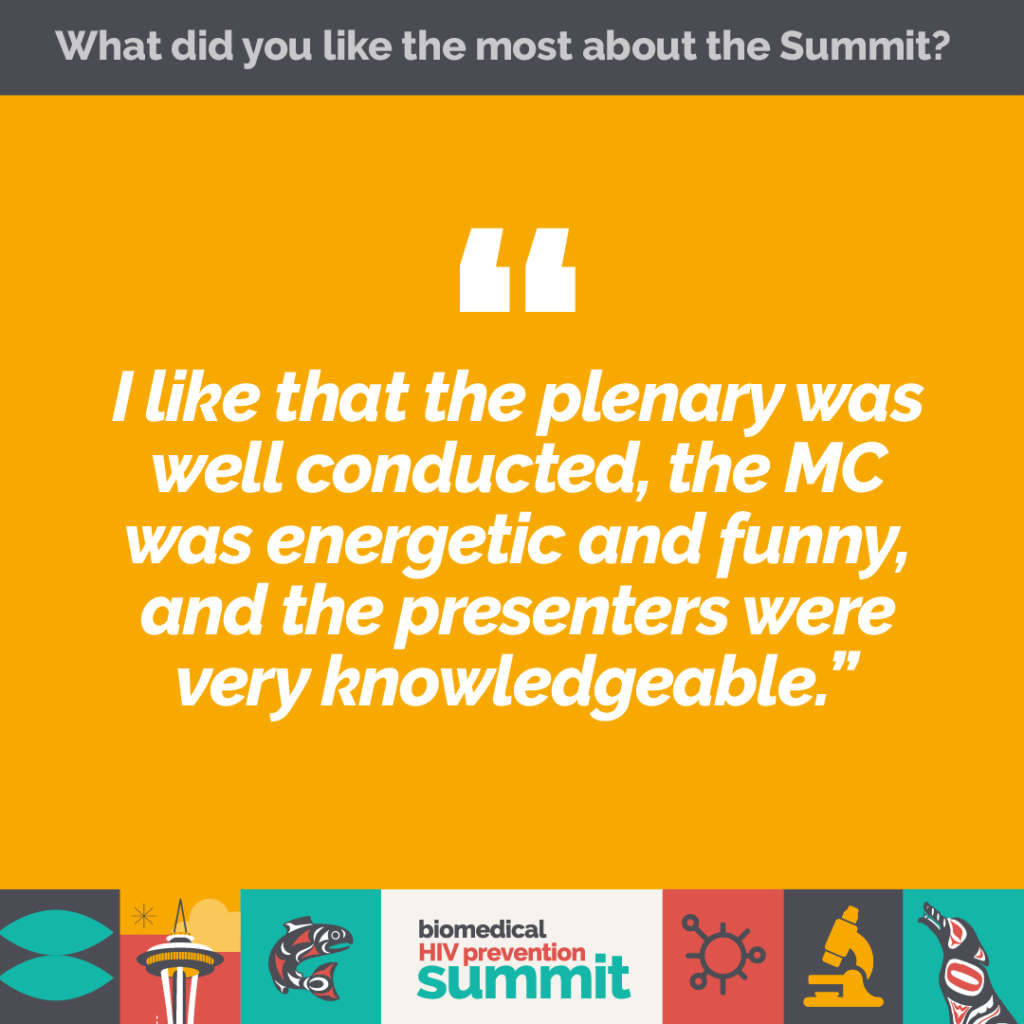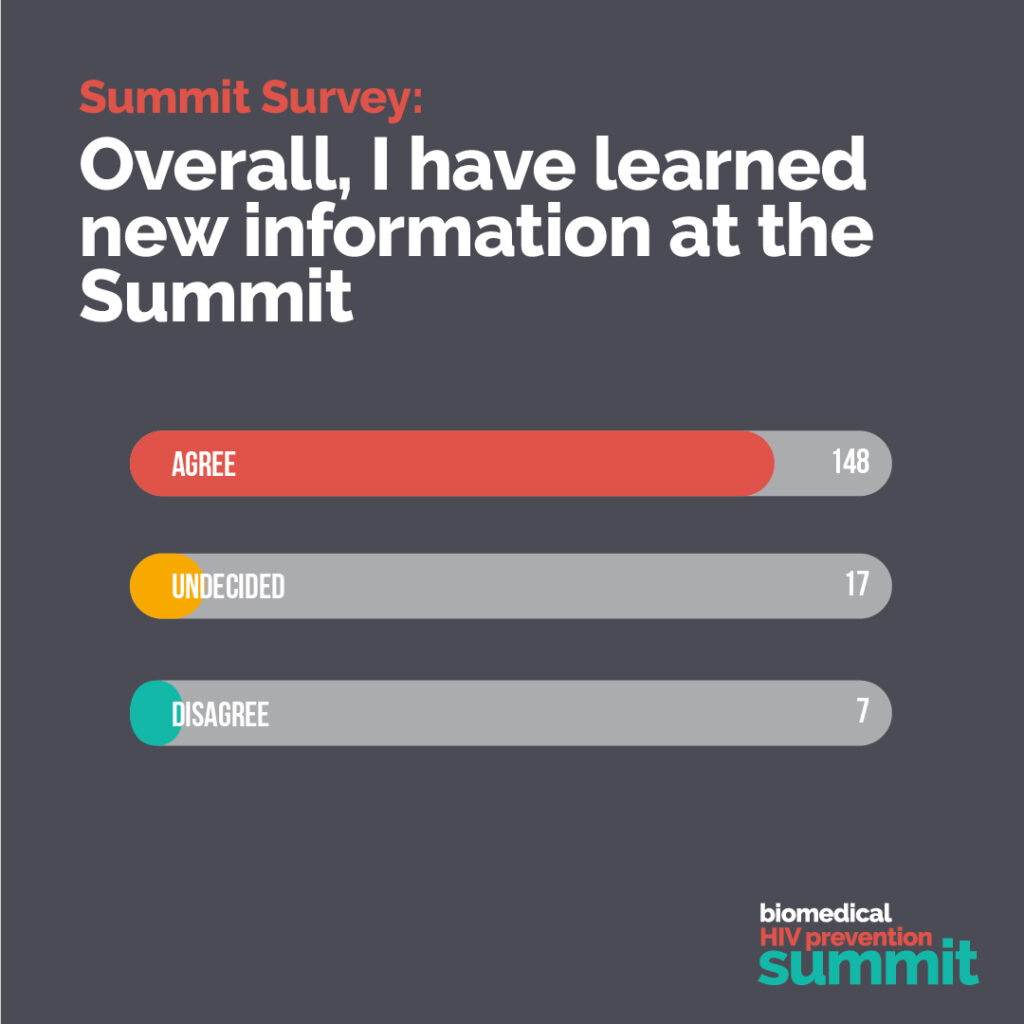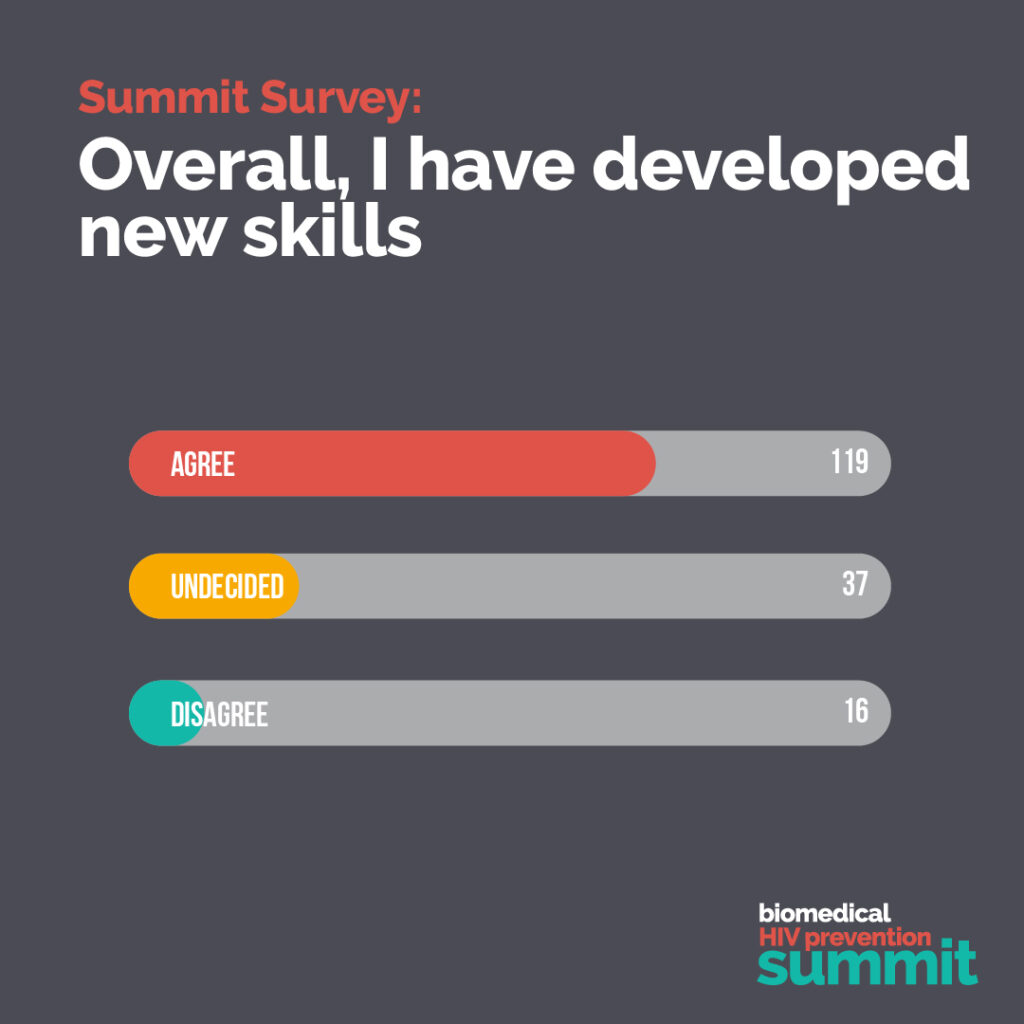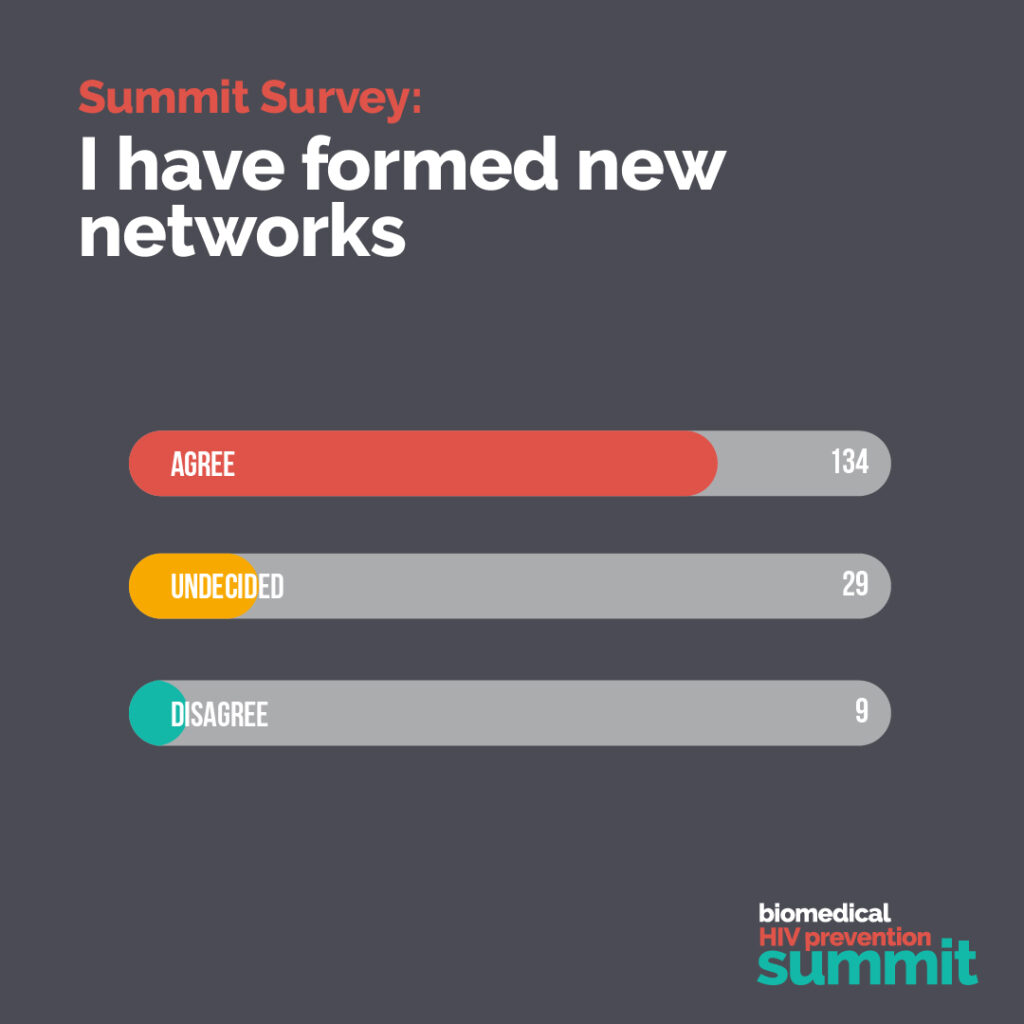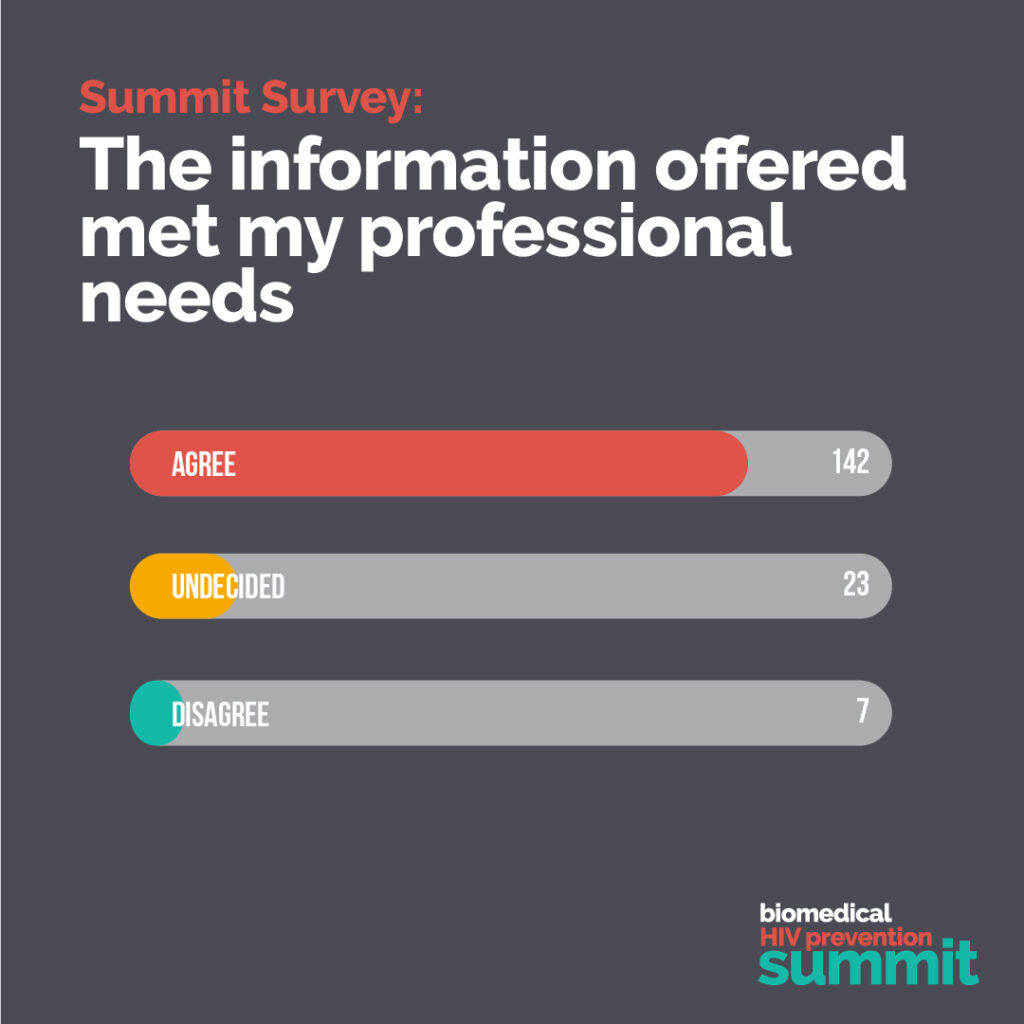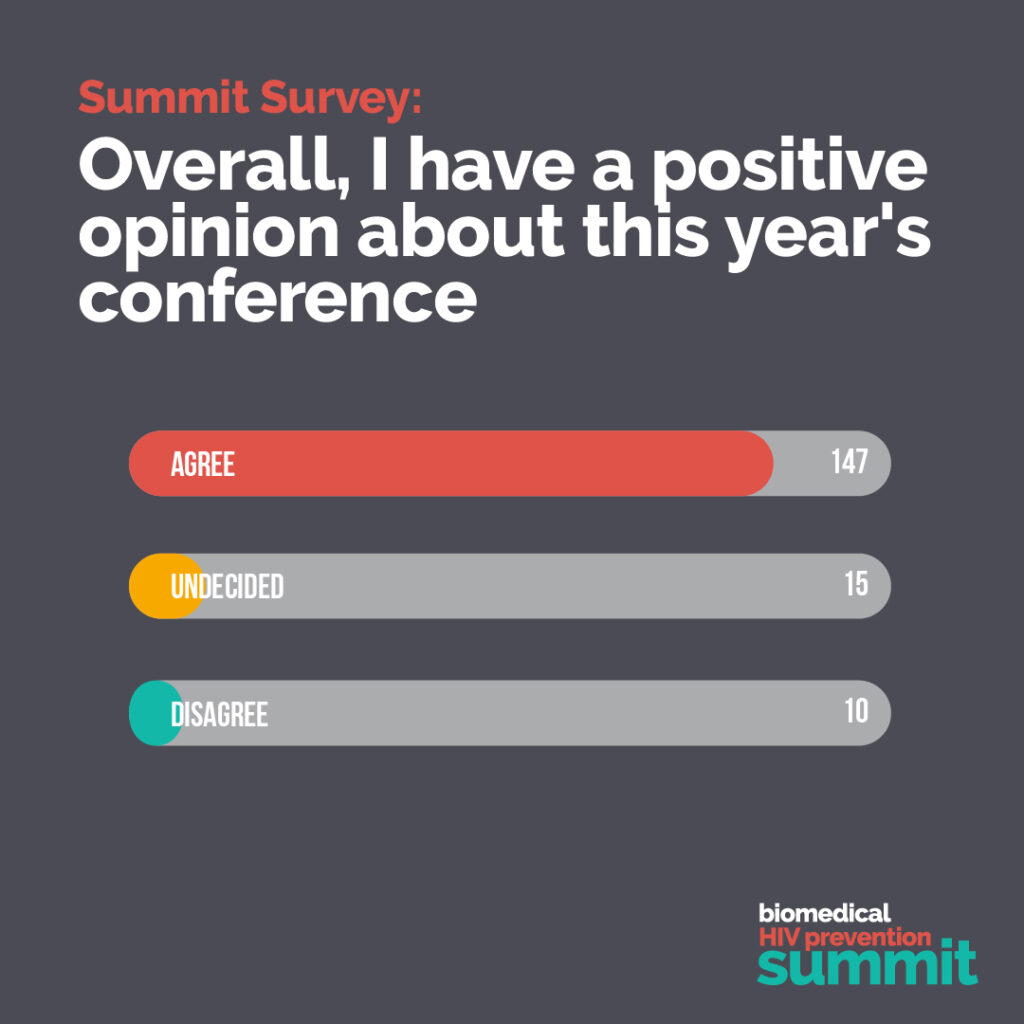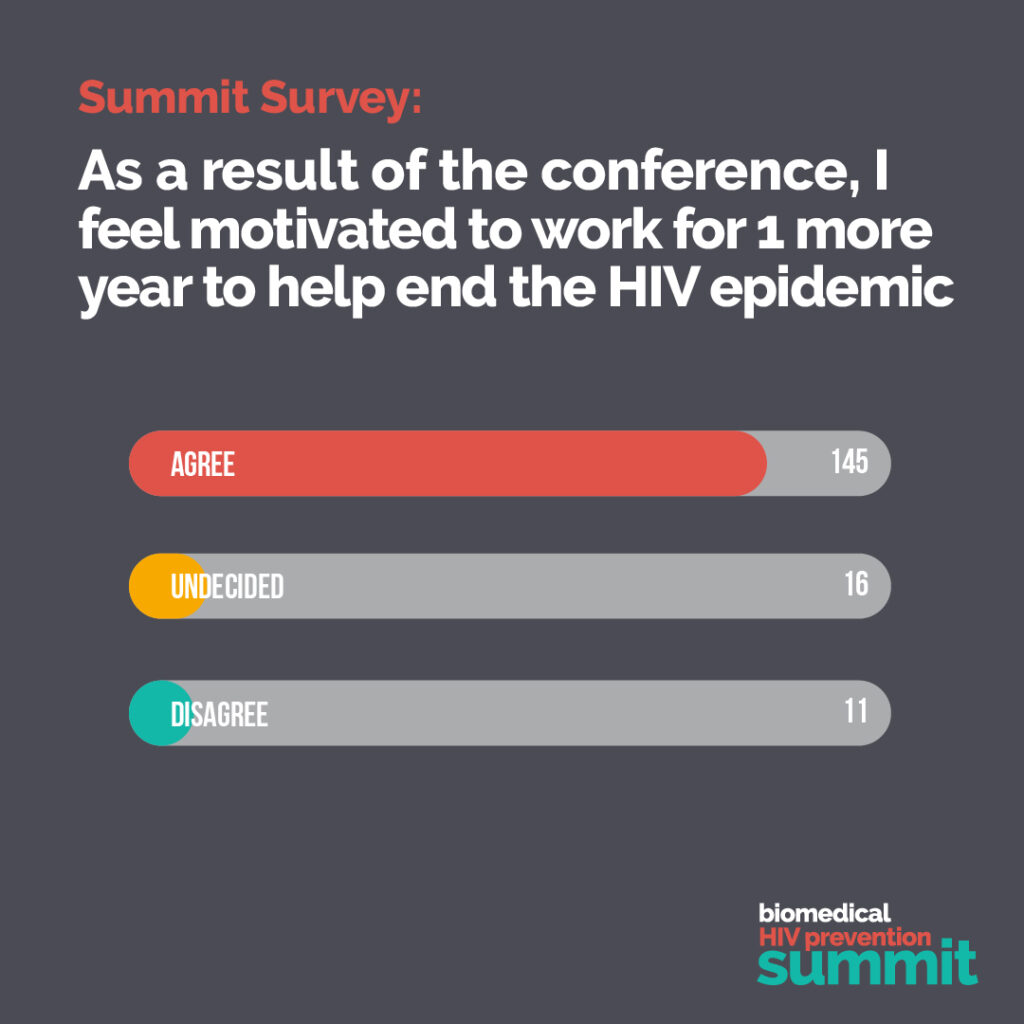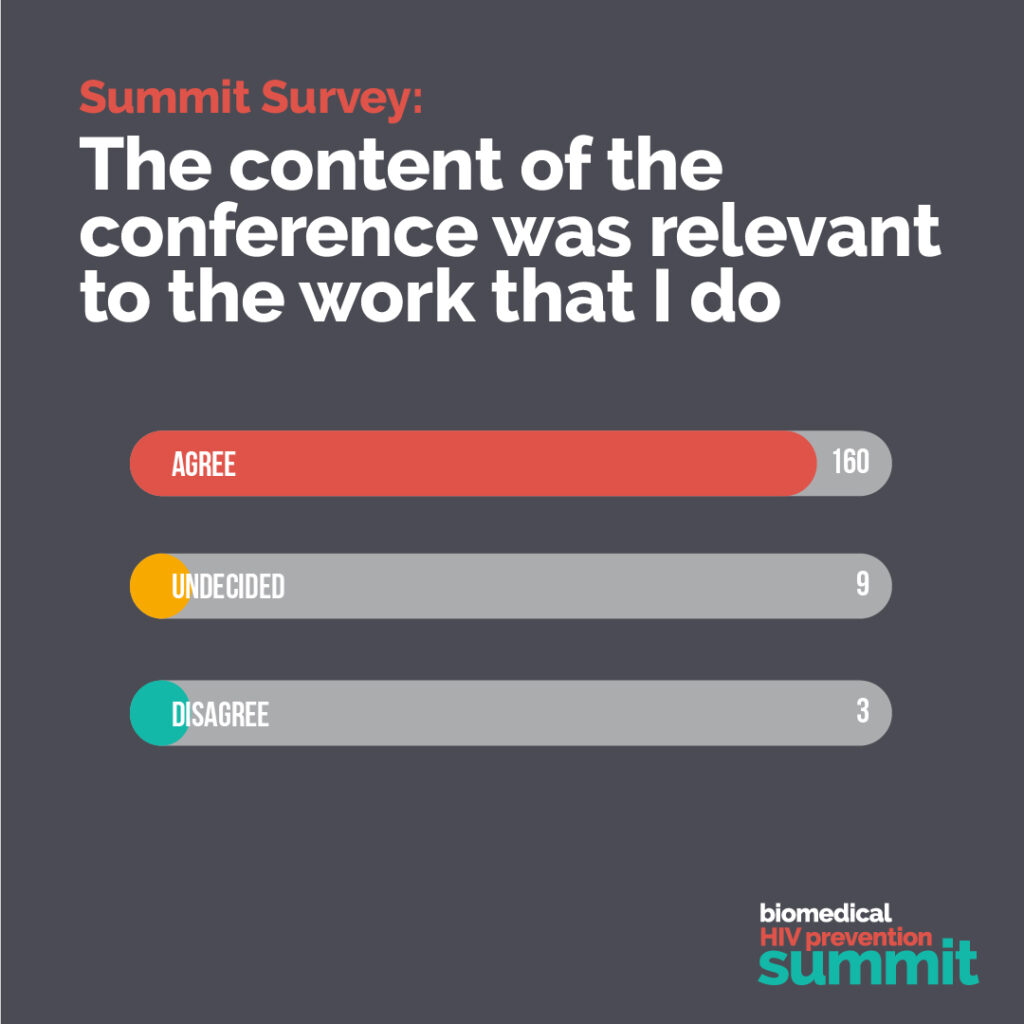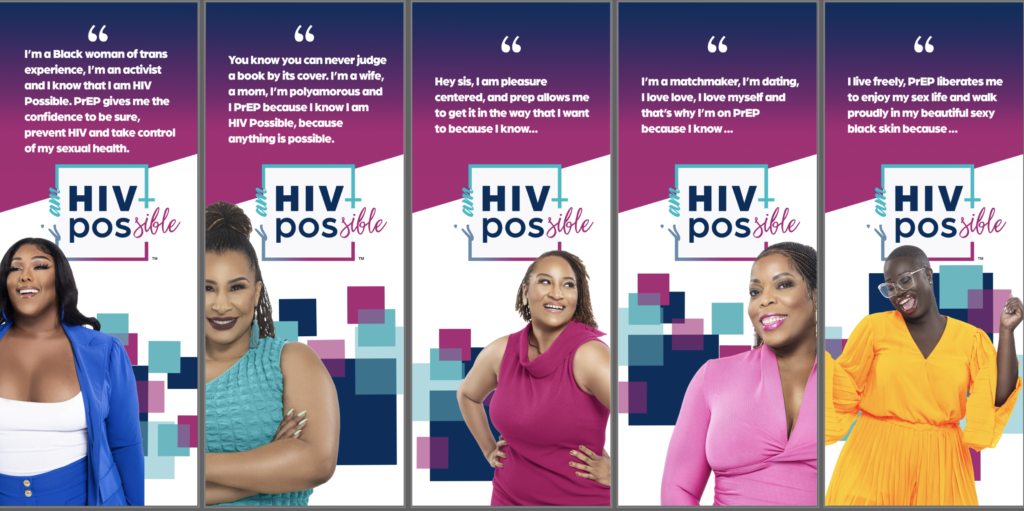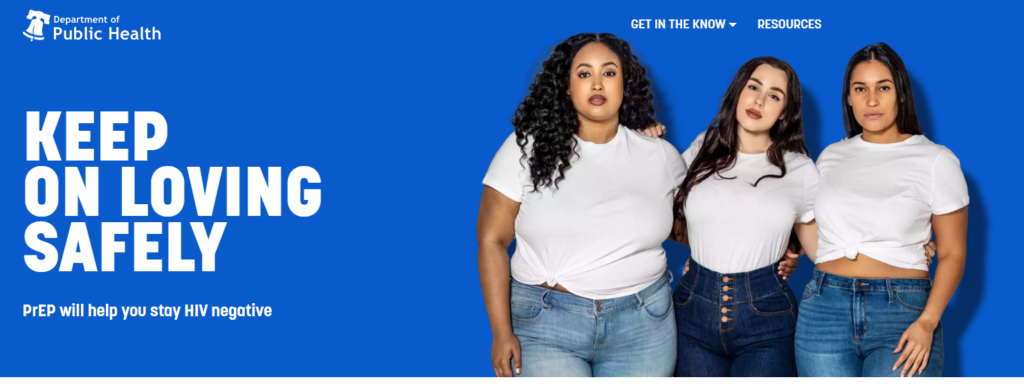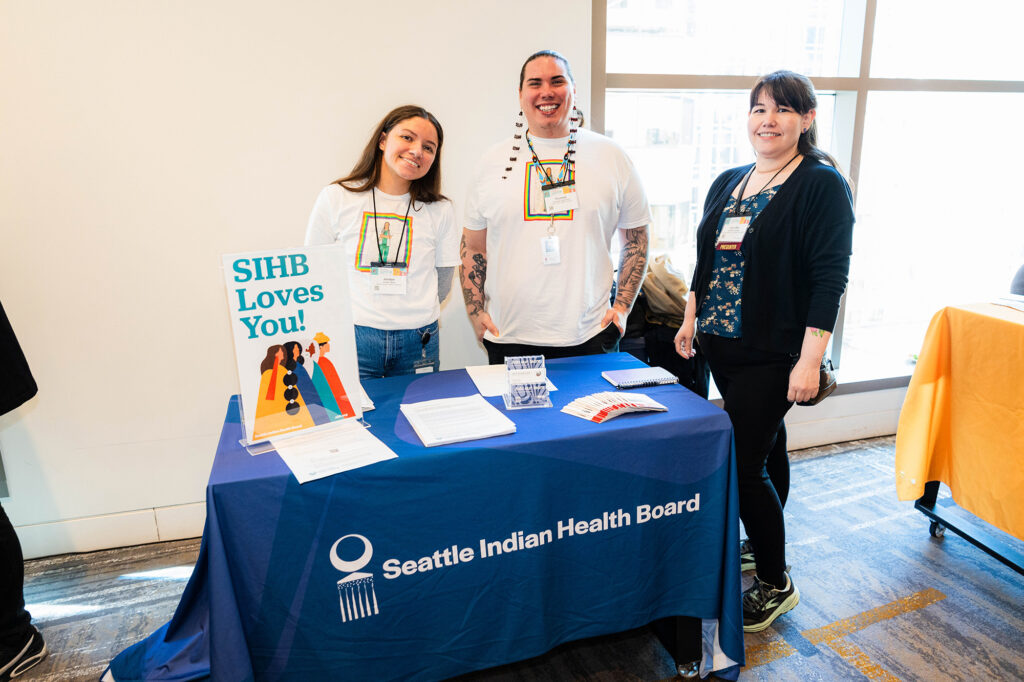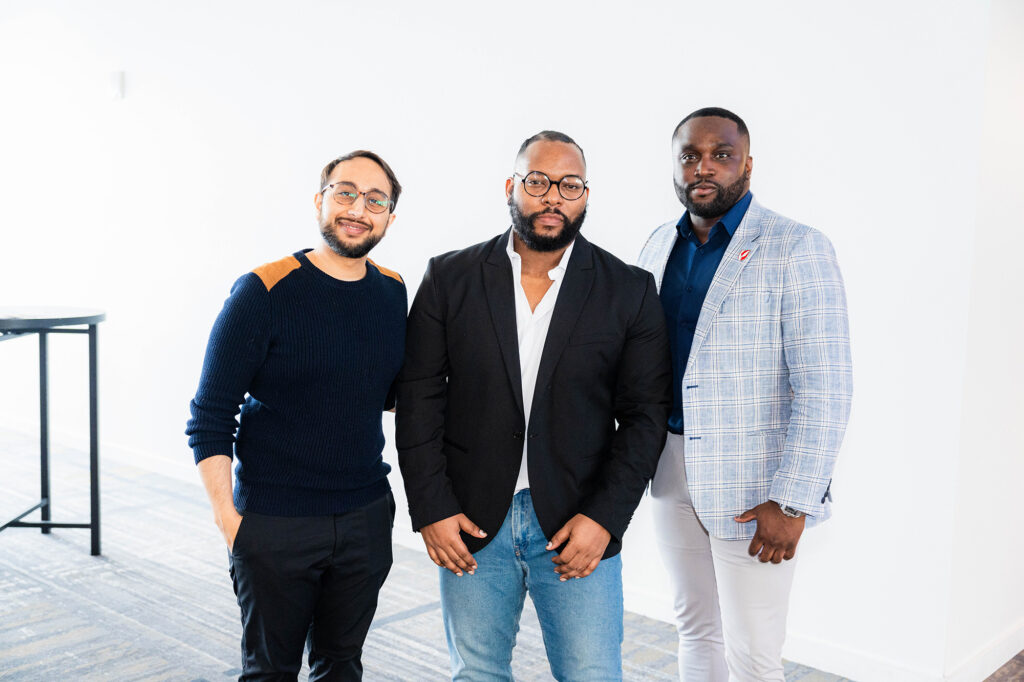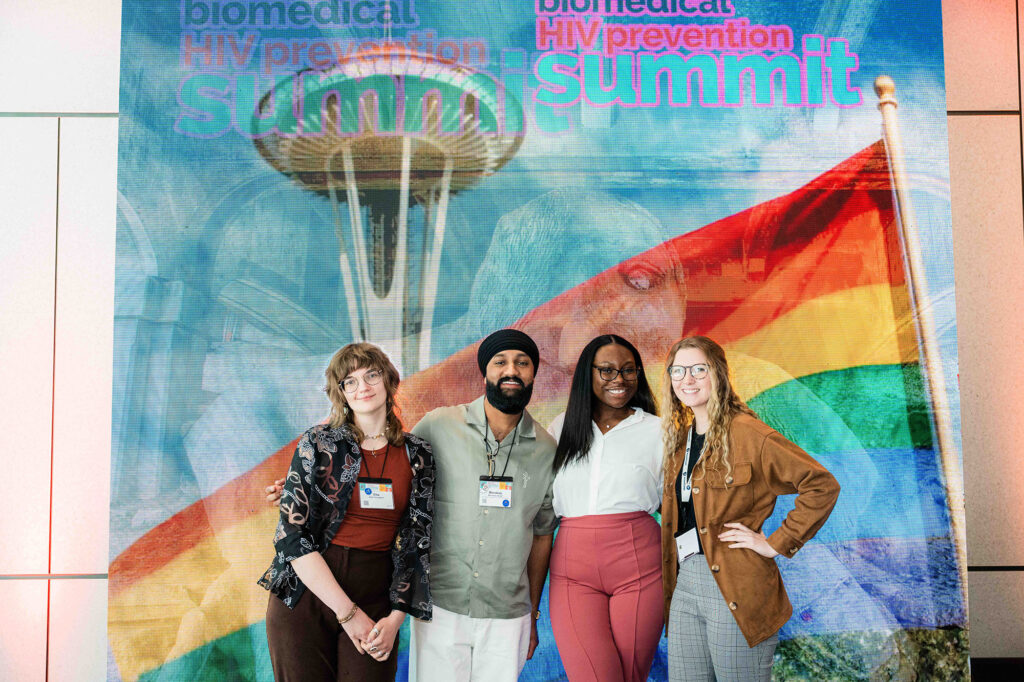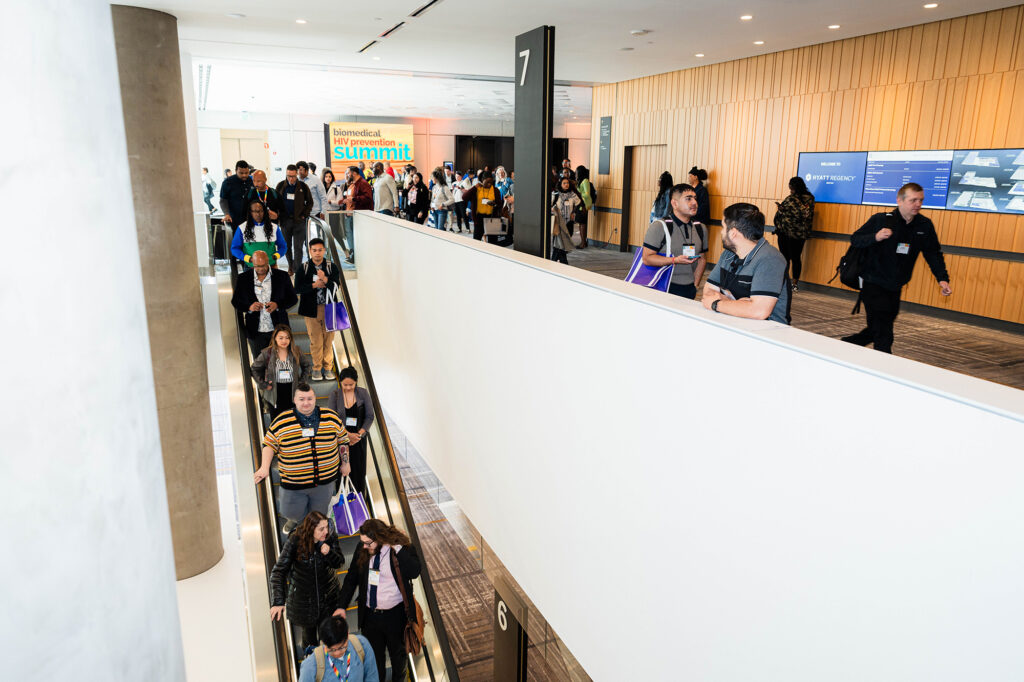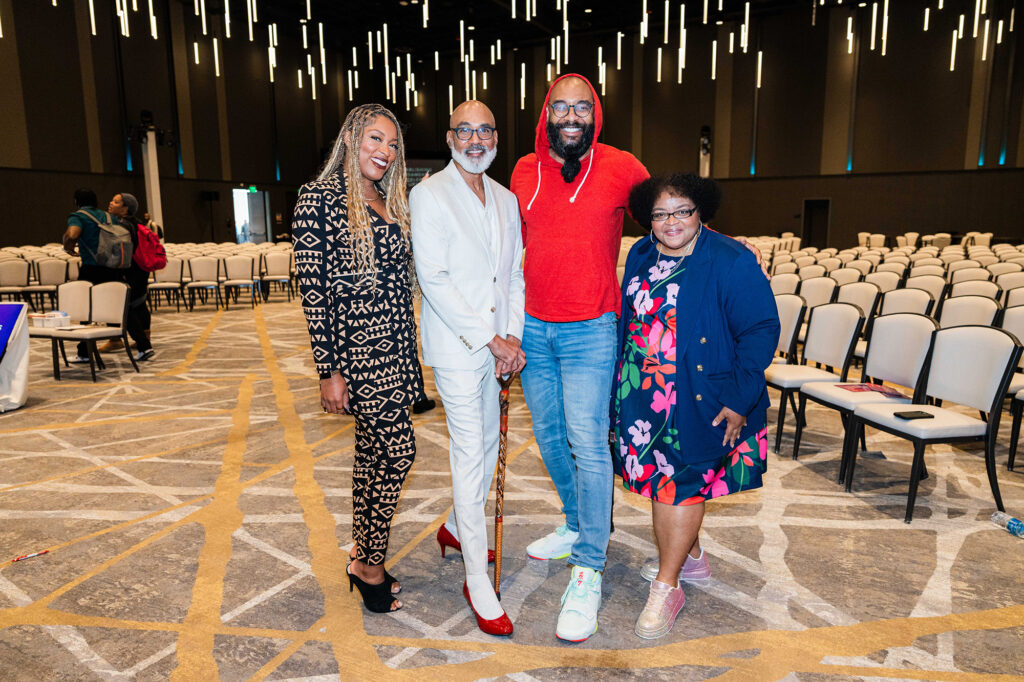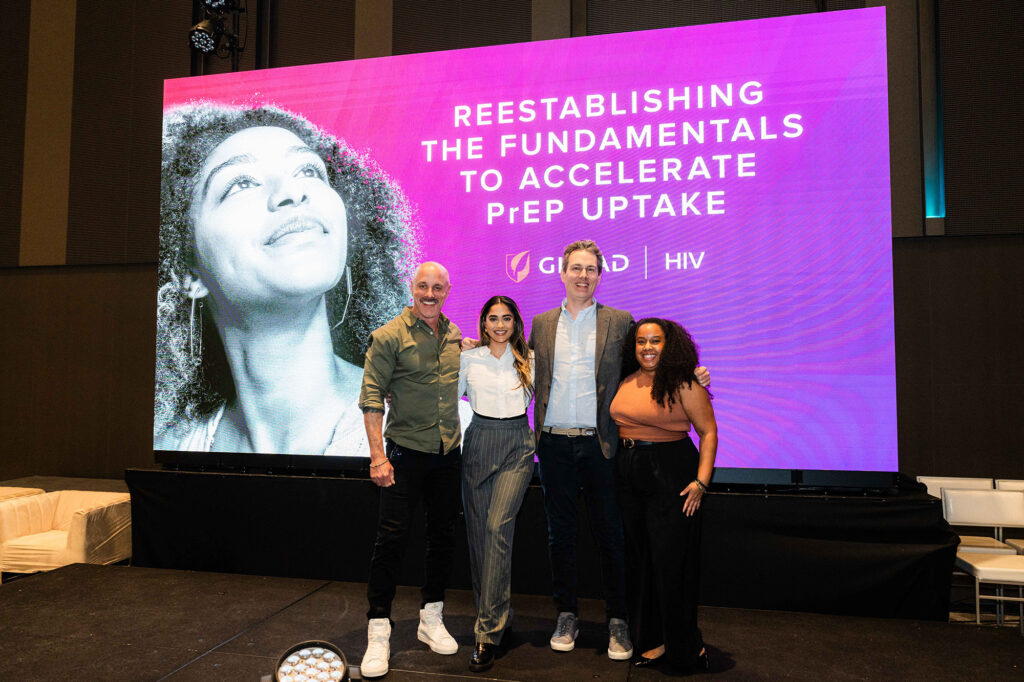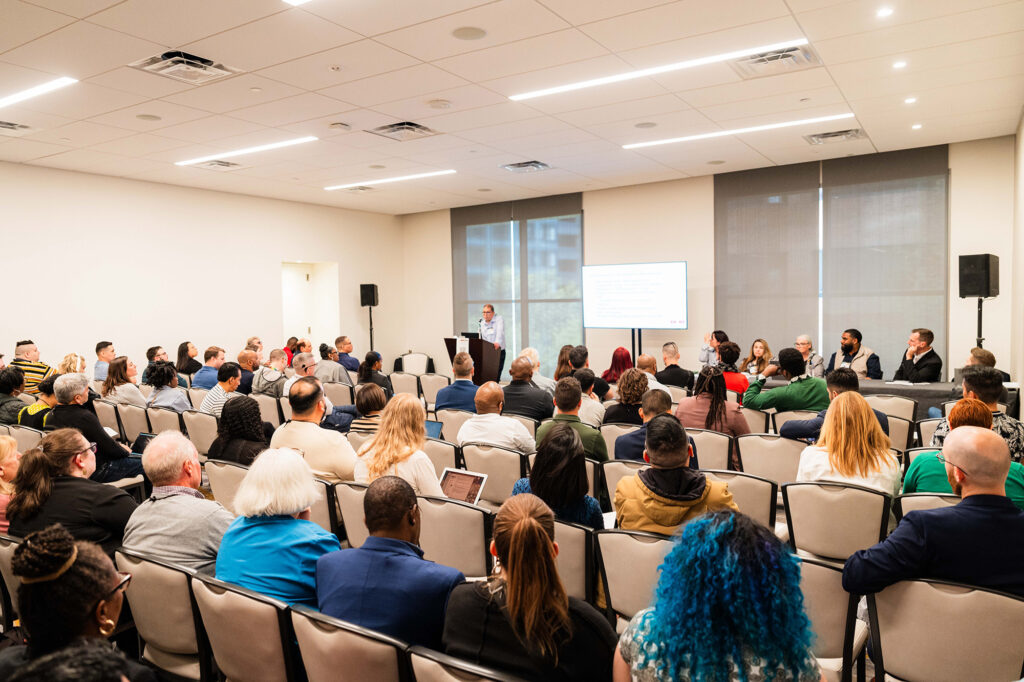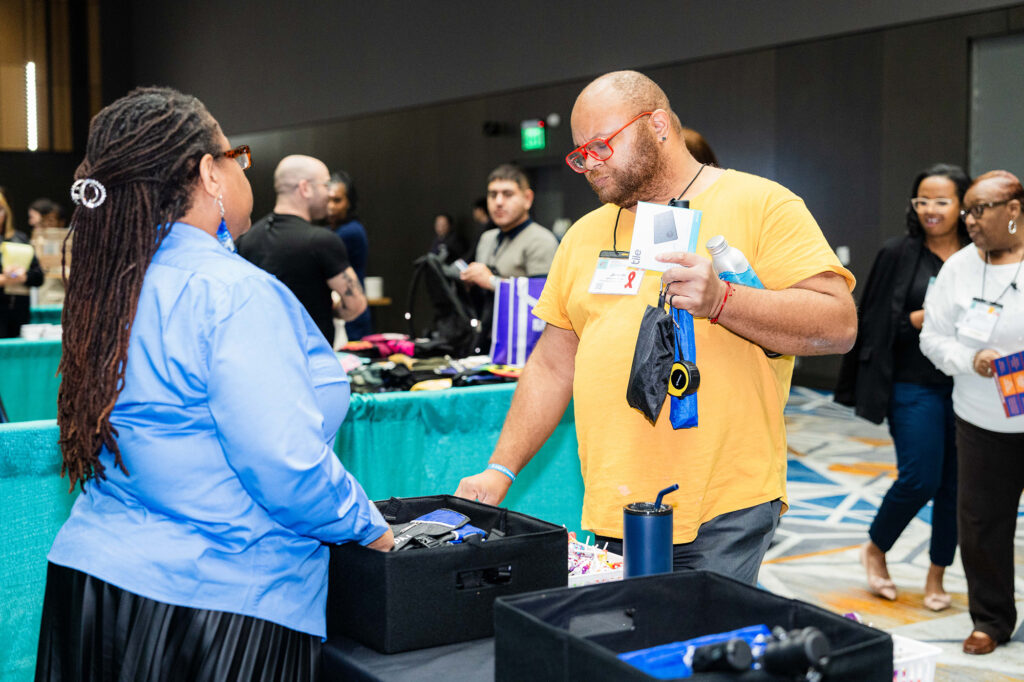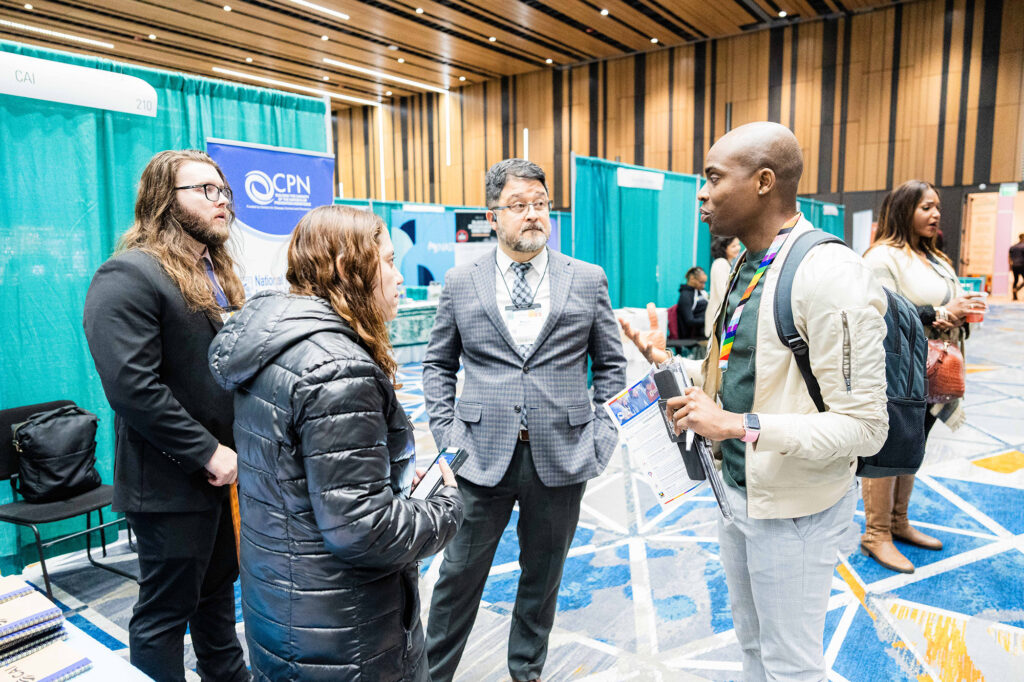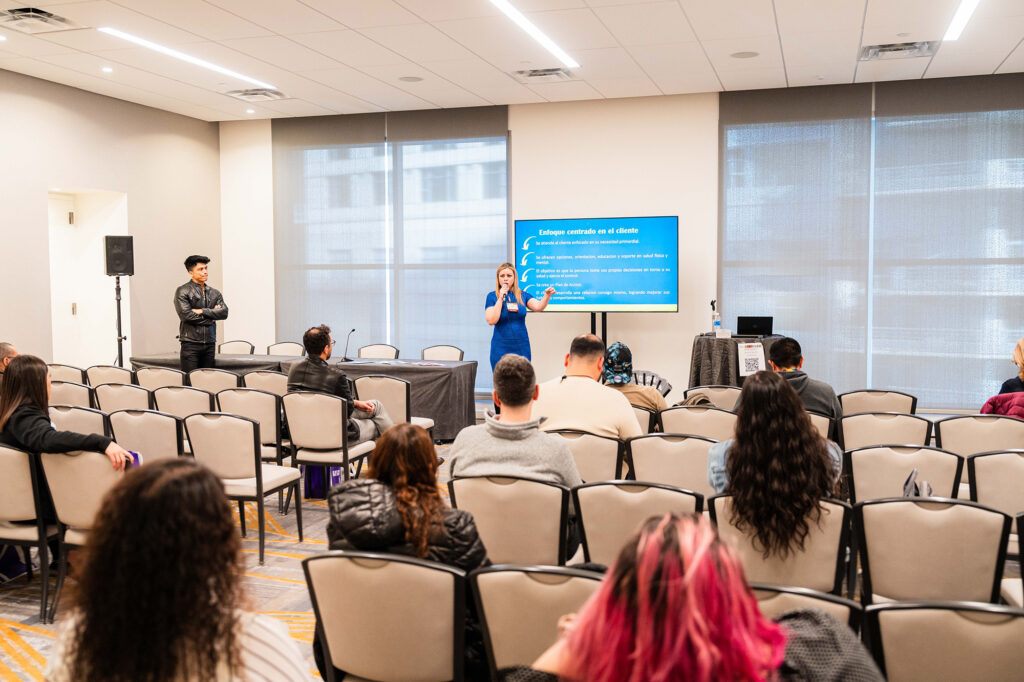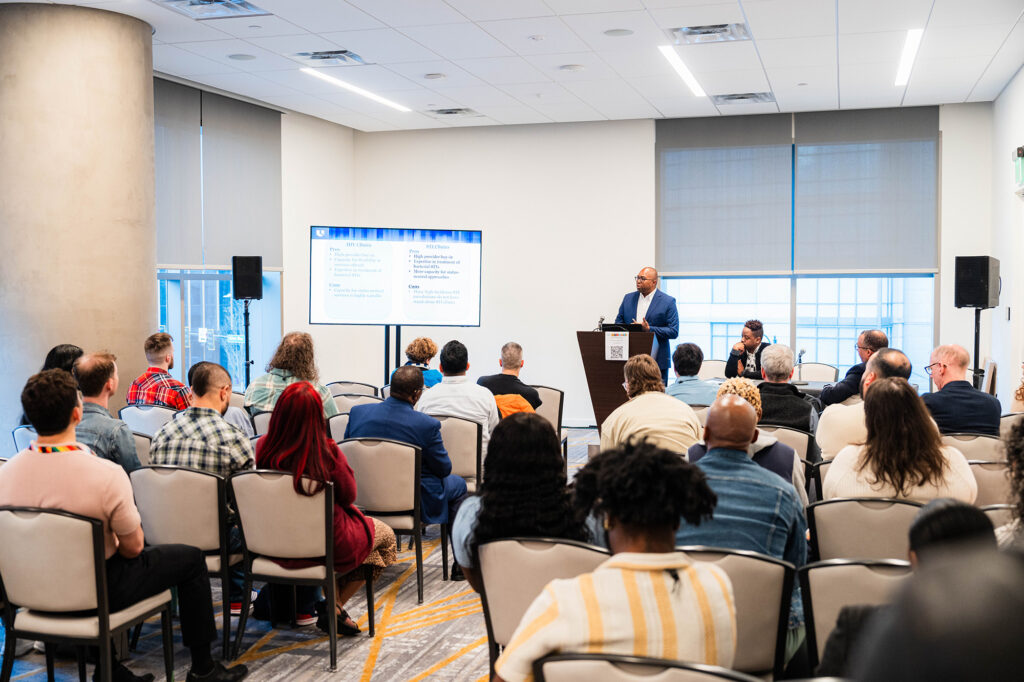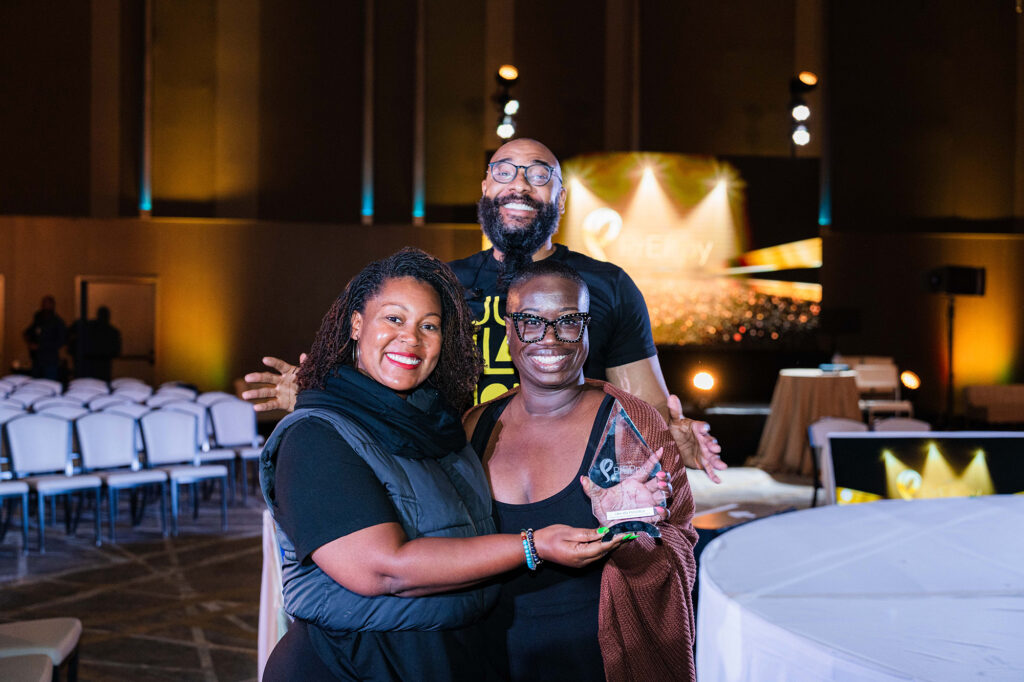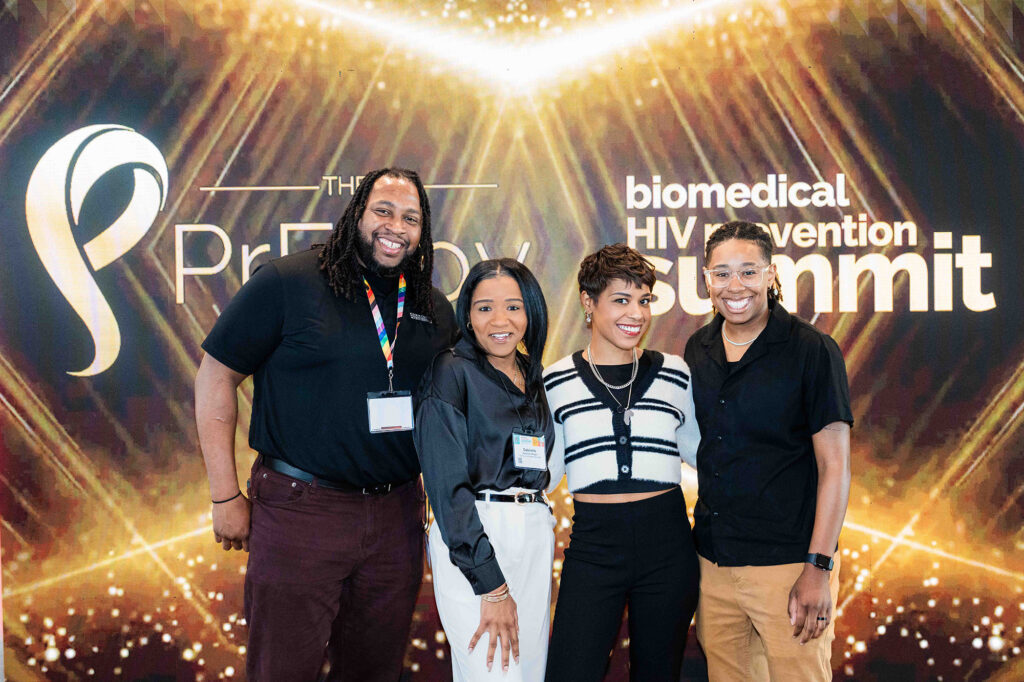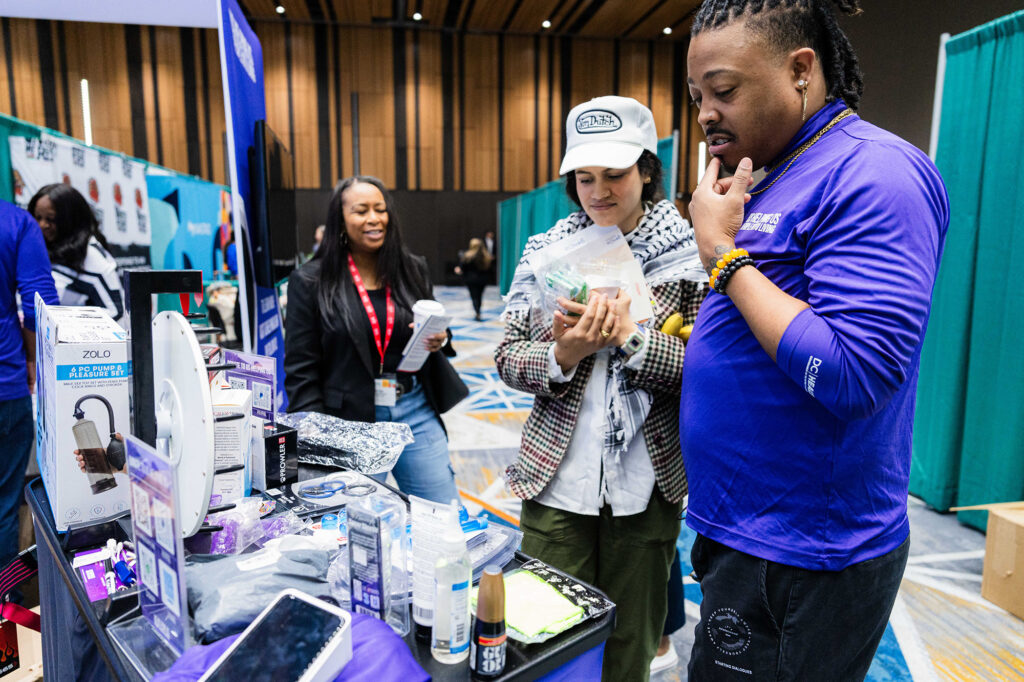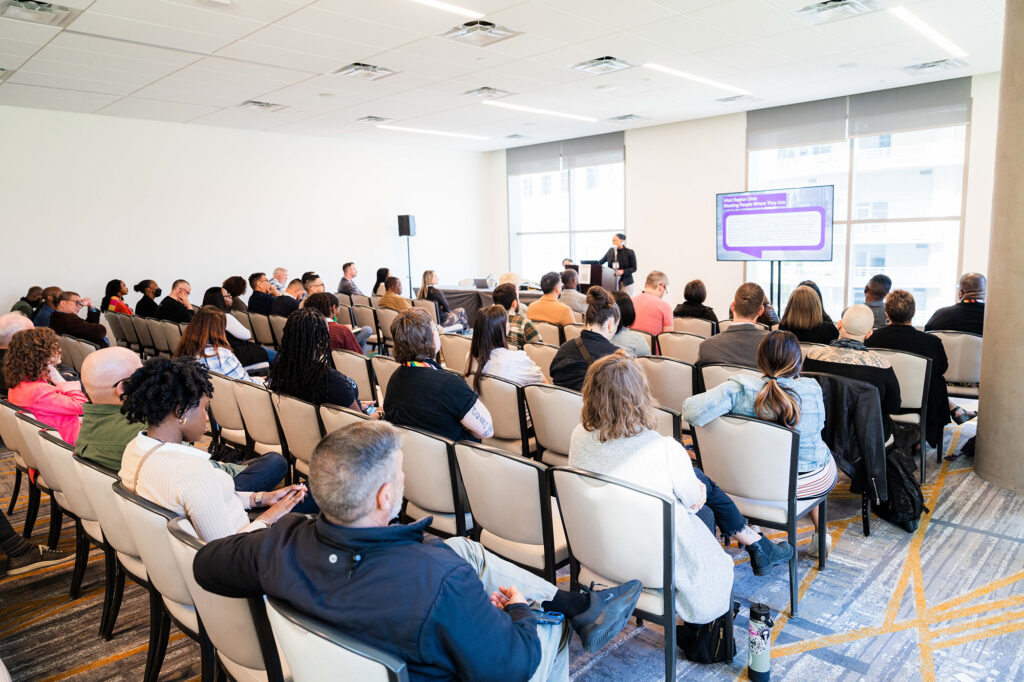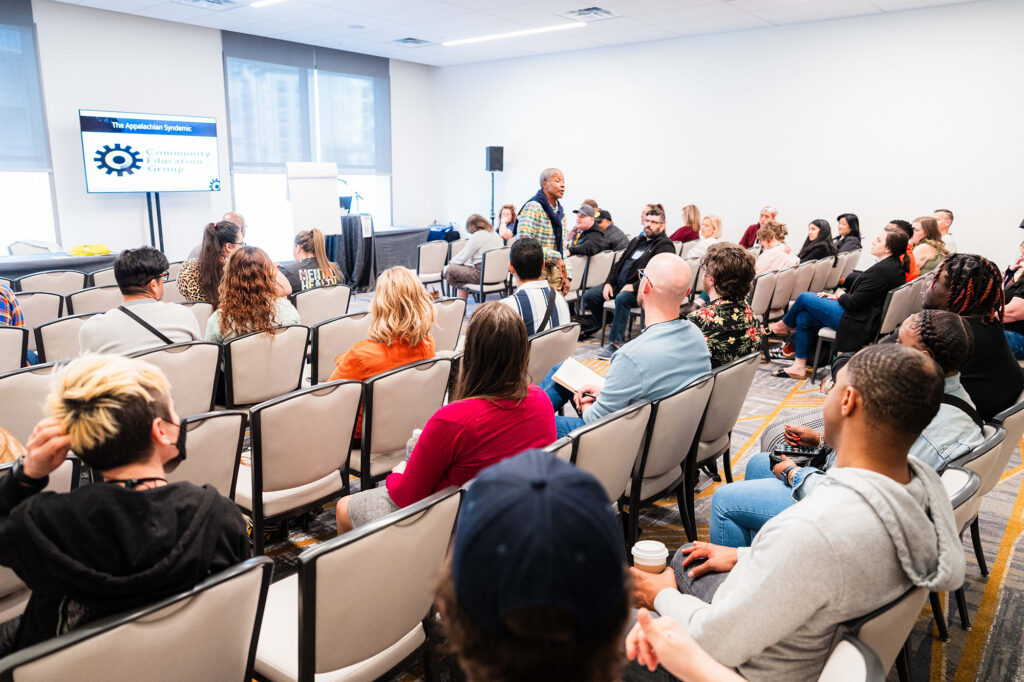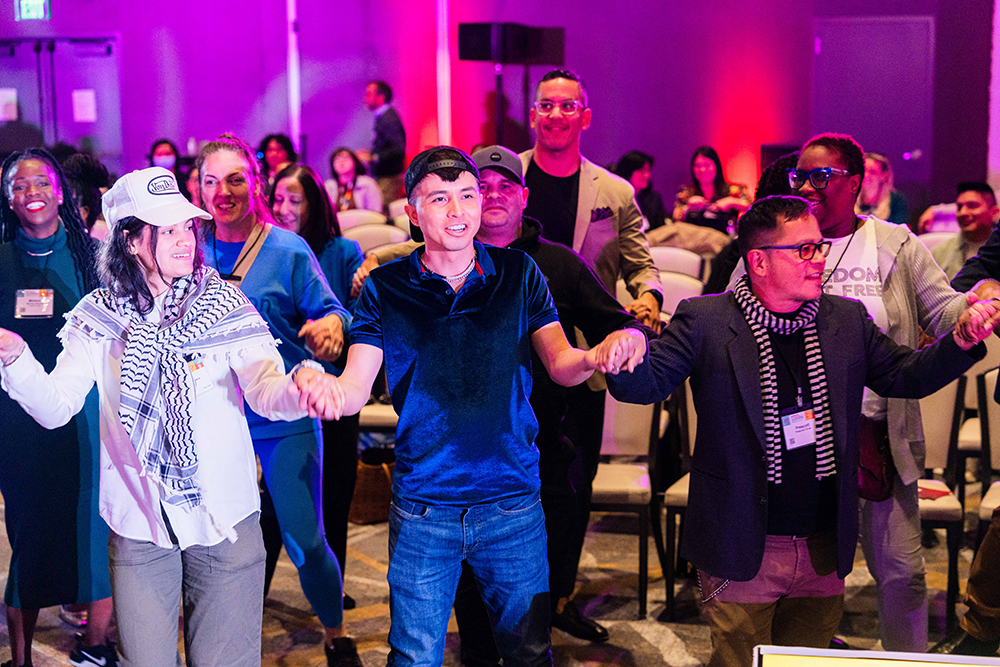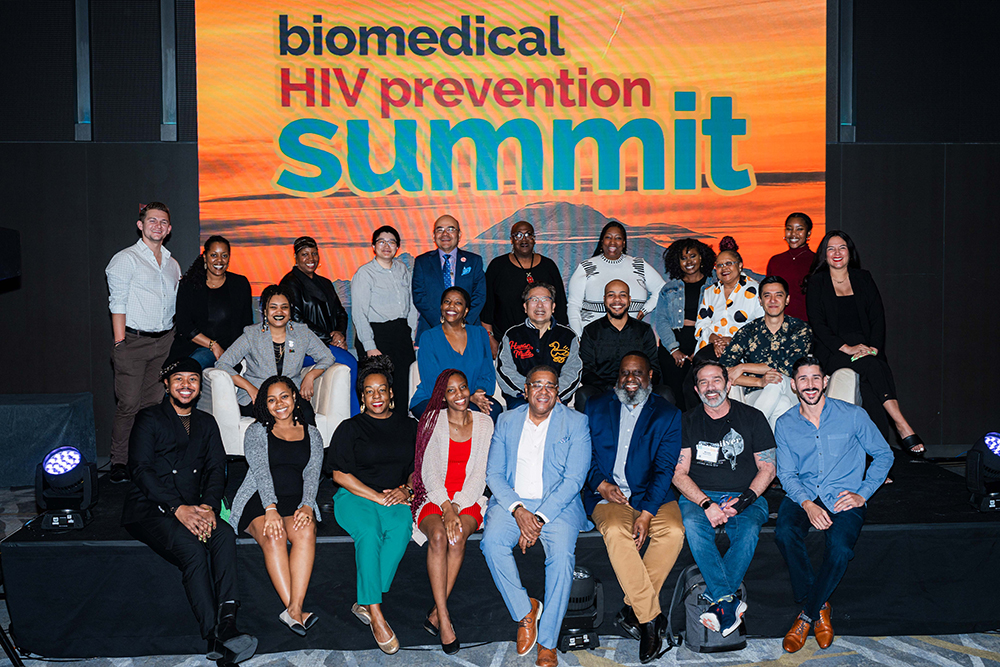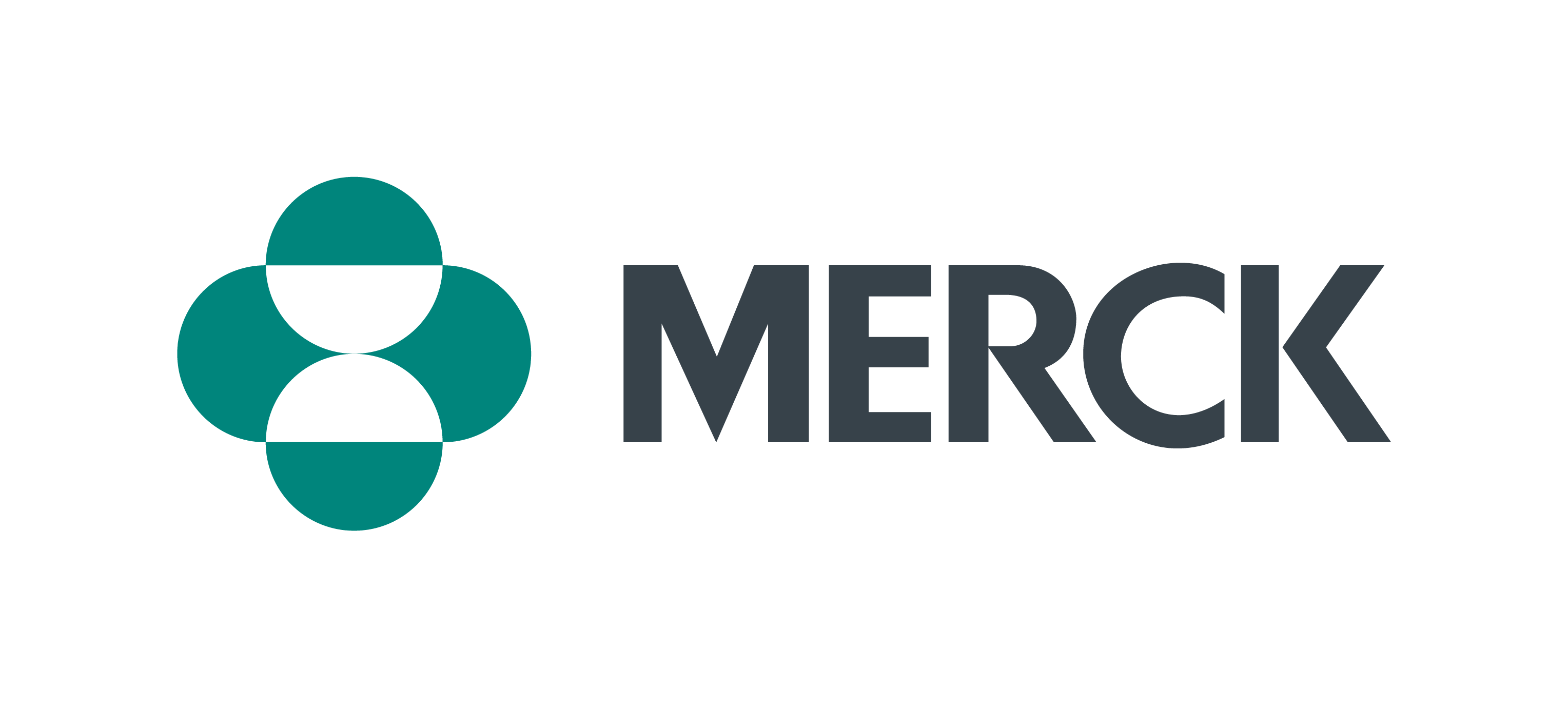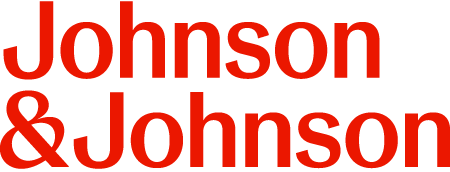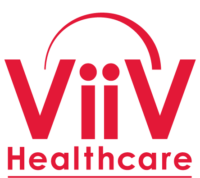Takeaways From NMAC’s Biomedical HIV Summit
By: Harold Phillips, Deputy Director of Programs, NMAC
The Summit highlighted just how quickly the world of HIV prevention is evolving, especially as we are on the cusp of new biomedical options of a long-acting PrEP injectable as well as a pill. The latest data all show we need to move faster to implement the science. As we work to understand the latest HIV surveillance data from CDC, I want to highlight how we can carry the major themes and takeaways from the 2024 Biomedical HIV Prevention Summit forward in our efforts.
This year, there were an expanded number of presentations on HIV treatment as prevention and the biomedical benefits of early initiation of HIV treatment and viral suppression. Federal officials from the Health Resources Services Administration (HRSA) shared how implementation science helps inform their clinical and support service models of HIV treatment helping clients achieve and maintain undetectable viral loads. Their work aligns with the international movement and messages of Undetectable=Untransmittable or U=U. Several sessions at the Summit highlighted the ways programs are working to increase PrEP awareness, access and uptake. Cultural and linguistically appropriate services seem to be the keys to increasing uptake among African-American women and same gender loving men, Latinx/Hispanic same gender loving men, and trans identified communities. Bringing these programs to scale and expanding them is important.
This year we focused on how to create access because we know well that rapid and sustained treatment is part of our solution and more needs to be done to increase viral suppression in our country. We have one of the lowest viral suppression rates of any industrialized country. But let’s be clear, lack of access to health care, stigma, poverty, and systemic racism all are playing a role in the HIV related health outcomes in our nation. Many of the workshops and sessions spoke to these issues and ways to help overcome these barriers.
This year, there were an expanded number of presentations on HIV treatment as prevention and the biomedical benefits of early initiation of HIV treatment and viral suppression. Federal officials from the Health Resources Services Administration (HRSA) shared how implementation science helps inform their clinical and support service models of HIV treatment helping clients achieve and maintain undetectable viral loads. Their work aligns with the international movement and messages of Undetectable=Untransmittable or U=U. Several sessions at the Summit highlighted the ways programs are working to increase PrEP awareness, access and uptake. Cultural and linguistically appropriate services seem to be the keys to increasing uptake among African-American women and same gender loving men, Latinx/Hispanic same gender loving men, and trans identified communities. Bringing these programs to scale and expanding them is important.
While we have more options for PrEP, we also need to increase the options and availability of HIV and STI testing. Per the CDC’s latest data,
- Over the past two years, we have seen a decrease in the number of individuals aware of their HIV status aged 35-44 years of age.
While fewer people between 35-44 years are aware of their HIV status, 40% of all new infections are among those aged 25-44.
This year, we discussed how, using science, we must be more effective and efficient and stop doing things that have not worked or only yield a few results. The numbers of people on PrEP and the numbers of people on treatment need to increase. The other part of this is the need for adequate funding. NMAC will continue to engage with Congress to make sure they have the data and information necessary to understand the successes and challenges of working to end the HIV epidemic and what’s needed to achieve the goals of the National HIV/AIDS Strategy.
This year, one of the highlights at the Summit was the young people I met who were attending their first HIV conference. The Biomedical Summit has become the nation’s largest gathering of front line PrEP navigators. Their energy and enthusiasm was great to see. The Summit reminded me that the next generation of our health care workforce needs our continued support to be successful.
We have to connect the dots between our learnings and actions at April’s Biomedical Summit and September’s U.S. Conference on HIV/AIDS. Let’s use the momentum to work on implementing what was shared at the Biomedical Summit by improving access to HIV prevention services for the populations that need it most.
PrEPpy Award Winners
The PrEPPY Awards at the Biomedical HIV Prevention Summit are an opportunity to bring the community art and awareness into HIV prevention science. Check out the 2024 Winners! Get the details about each winner here.
